|
In the heart of Ghana’s capital city Accra lies Jamestown, a historic fishing port that is both a workplace and a home for many. Plans are underway to replace Jamestown with a mechanised factory backed by the Chinese government. Iain Jackson warns that this project would displace a large community along with their heritage, skills and traditions.
A new report assessed 28 000 plant species and concluded that about half of them were threatened with extinction. These plant losses often happen below the radar as people don’t really notice plants and see what is happening to them - commonly called “plant blindness.” Sarah McKim and Claire Halpin explain that while we don’t notice the plant species we’re losing, we won’t be able to ignore the effect of their loss on our supply of food
and medicine.
|
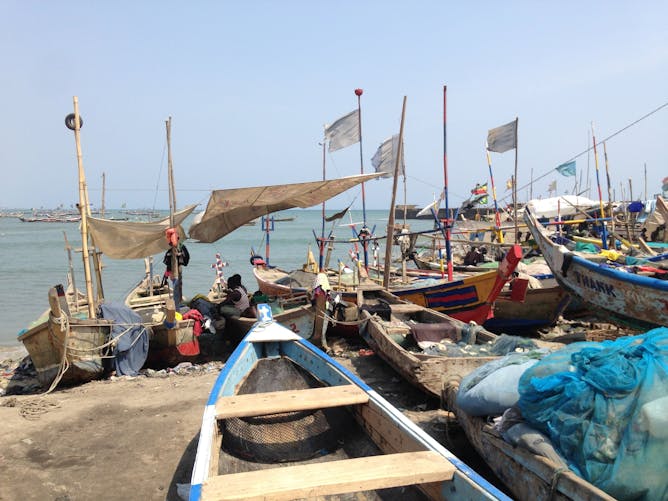
The beachfront of historical Jamestown, Ghana.
Iain Jackson
Iain Jackson, University of Liverpool
The proposal to redevelop Jamestown would not only occupy a prime site with historical significance, it would displace a large community along with their heritage, skills and traditions.
|

Photo Art Lucas/Shutterstock
Sarah McKim, University of Dundee; Claire Halpin, University of Dundee
We don't notice the plant species we're losing, but we won't be able to ignore the effect of their loss on our supply of food and medicine.
|
Business + Economy
|
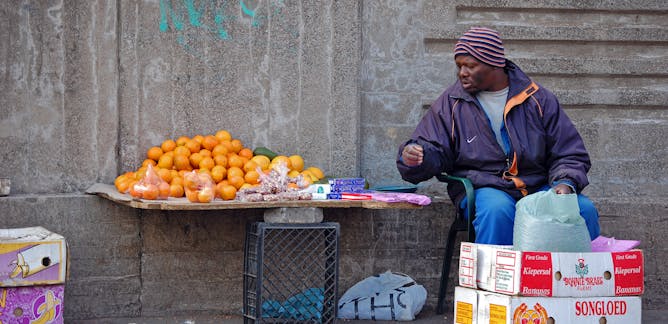
Derek Yu, University of the Western Cape
Paid employment is no longer a guarantee that workers will earn enough to cover their basic needs and become relatively secure financially. Hence the global phenomenon of the working poor.
| |
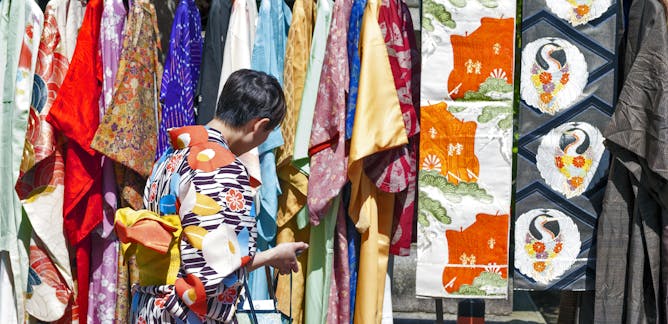
Innan Sasaki, Lancaster University
Centuries-old shinise businesses have withstood Westernisation, changing tastes and increasing competition.
|
|
|
Health + Medicine
|

Alessandra Prioreschi, University of the Witwatersrand
It's not enough to simply promote healthy eating and exercise without considering the very real environmental and structural constraints present in South Africa.
| |
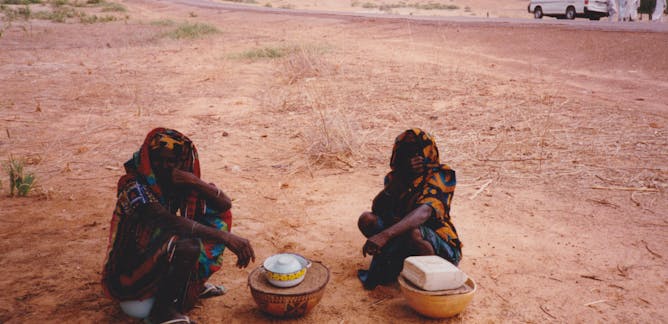
Shobana Shankar, Stony Brook University (The State University of New York)
Nigeria’s highly mobilized efforts to eliminate polio, and even tackle measles and other vaccine-preventable diseases along the way, may have lessons for the US.
|
|
|
Environment
|
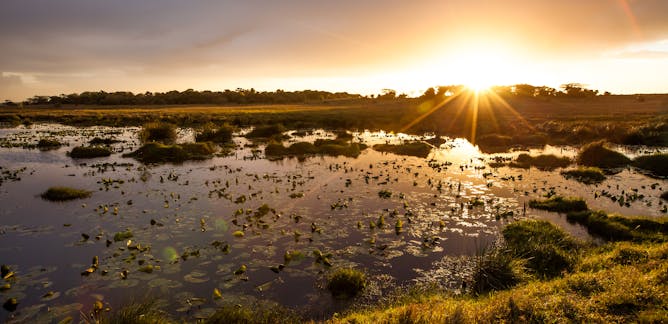
Alanna Rebelo, Stellenbosch University
With partnerships between landowners, the government and businesses, South Africa can invest in its wetlands and boost the country's potable water reserves.
| |
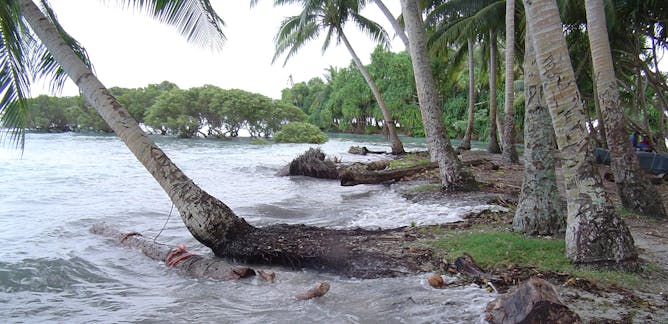
Sarah M. Munoz, Université de Montréal
Rising sea levels and tectonic activity have eroded the coastlines of the low-lying Carteret Islands in the South Pacific.
|
|
|
En français
|

Amy Niang, University of the Witwatersrand; Aboubakr Tandia, Bayreuth International Graduate School of African Studies
Au Sénégal, l’impératif de réinvention des institutions, de consolidation de la séparation des pouvoirs a très rarement commandé les réformes mises en place ces trois dernières décennies.
| |

Ismaila Kane, University of Ottawa
La montée des attaques au Burkina Faso est en grande partie imputable à l’affaiblissement de l’État, lui-même provoqué par un contexte politique très instable depuis le début de la décennie.
|
|
|